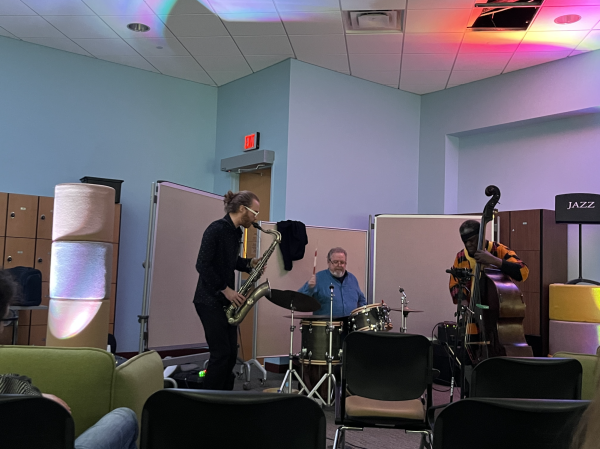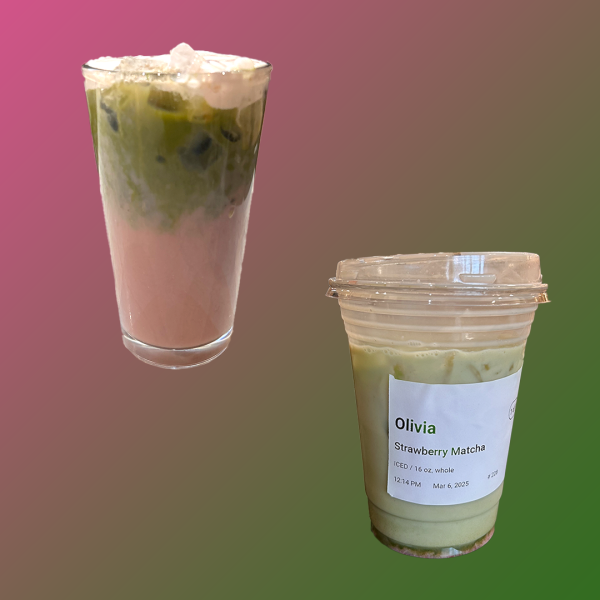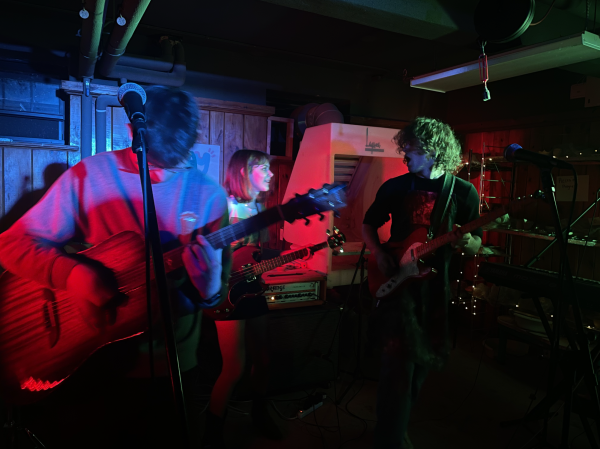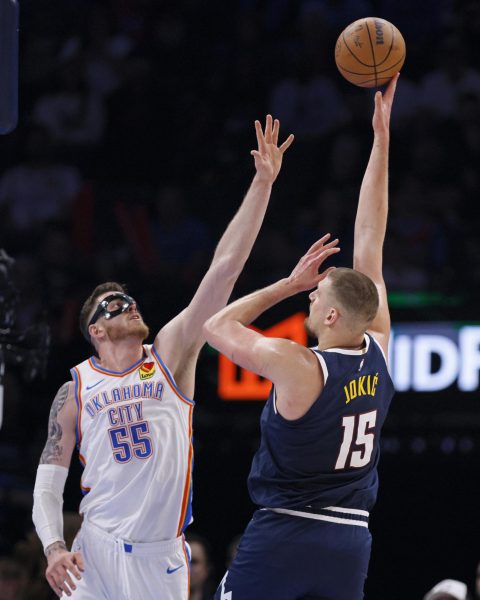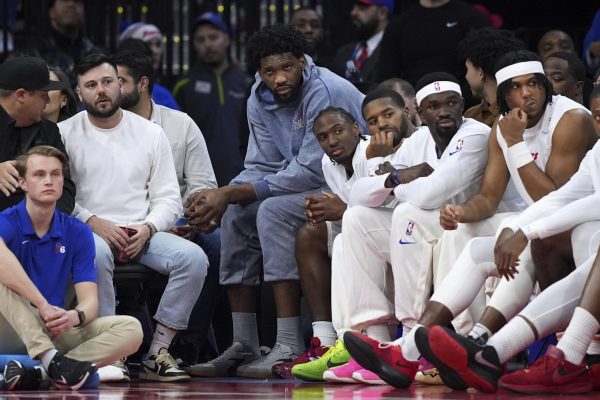Colgate’s Alternative Cinema Program Screens Experimental Films
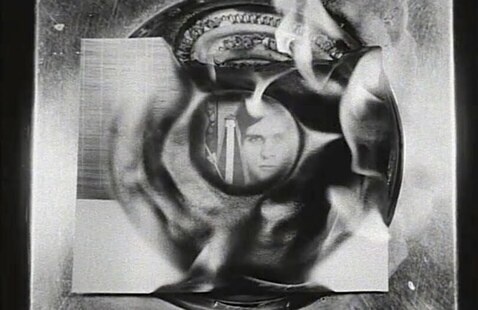
Films by Hollis Frampton were shown at Little Hall.
Colgate’s Alternative Cinema Program screened four short films created by Hollis Frampton on Tuesday, Feb. 7. According to the Colgate website, the films, “Lemon,” “Manual of Arms,” “Nostalgia” and “Gloria!”, were all created by Frampton between 1969 and 1979.
The screening was preceded by a presentation from Michael Zyrd, associate professor and graduate program director of cinema and media studies at York University, in Toronto, Canada. Zyrd explained the framework of experimental film by defining it as a mode of production, rather than simply with aesthetic terms. He broke down the motive, production, distribution and exhibition of experimental films, explaining what separates them from main-stream cinema productions.
“Experimental film I think is better thought of as an artisanal form […] in the sense that it’s handmade, and it’s made for love […] [The films are] very low-to-no budget, very low tech […] There are films that are 1/24th of a second long, and then some are 20-hour epics,” Zyrd explained.
Zyrd also spoke about Frampton’s love of words and the use of language in his films.
“Hollis Frampton was famous for being very wordy, he was actually as much a writer as he was a filmmaker, and he actually actively tried to re-engage language for himself […] He wouldn’t want to exile language, he didn’t want to make language into an antagonist, so you’ll see in the films an attempt to engage with language in a playful way,” Zyrd said.
Zyrd explained the prevalence of a more minimalist film style in Frampton’s work by characterizing it as a natural continuation of prevalent artistic trends as well.
“Minimalism is an important element of the films […] there’s a deliberate pulling-back, and the great thing about minimalism is that the more you pull back the more you focus, or force the viewer to focus on what’s there,” Zyrd explained. “The minimal gesture is actually quite a radical one.”
The first film shown, “Manual of Arms,” was a 17-minute black-and-white silent production. The film showed both moving and still people, and played with angles, lighting and perspectives to influence how the subjects were perceived. The frames changed quickly, and the film seemed almost aggressive.
Following “Manual of Arms” was “Lemon,” the shortest of the films. It was in color and silent, with an emphasis on visual minimalism. The subject–a lemon–remained stationary while a light slowly moved across it. The lighting moved so slowly and subtly that the lemon suddenly seemed to be eaten by darkness all at once, and was reminiscent of watching videos showing lunar phases.
The third film, “Nostalgia,” came from Frampton’s mid-career film series “Hapax Legomena.” There were technical issues with the screening of “Nostalgia,” which Golden Auditorium booth projectionist and sophomore Leila Bekaert said was to be expected with older film styles.
“I’m a projectionist here, and we had some technical difficulties, which is quite often the case with physical film and analog film but yeah […] this is what happens,” Bekaert said.
“Nostalgia” was shot in black-and-white and with sound, showing pictures laying on a surface as they slowly burned, with a voice describing the next picture that would appear. “Nostalgia” was autobiographical and the longest film shown by a wide margin, with a runtime of 38 minutes.
The last film shown was “Gloria!” Shot in color and with sound, “Gloria!” is part of the later period of Frampton’s work. “Gloria!” incorporated technology in a way the other films did not, showing computer text on a green screen, as well as videos of people dancing to music. The film is related to Frampton’s grandmother and was part of a larger work.
First-year Carlyn Johnson attended the screening and had mixed feelings about some of Frampton’s films.
“So I thought ‘Lemon’ was really boring, how it was just a lemon not moving, but I really enjoyed ‘Nostalgia’ and the way he presented it, with the photos being burned while he talked about them but also the dissociation between,” Johnson explained. “He was talking about the one up ahead, and then having to think about what he had said while you were watching the photo, I thought it was really interesting.”
Zyrd discussed how some experimental films are difficult to view, and Bekaert also acknowledged the variety of experiences possible for audiences.
“Experimental film is pretty hard to watch if you’re a beginner to cinema,” Bekaert said.

LJ Coady is a senior from Houston, Texas, concentrating in political science with a minor in religion. She has previously served as Head Editor of the...


